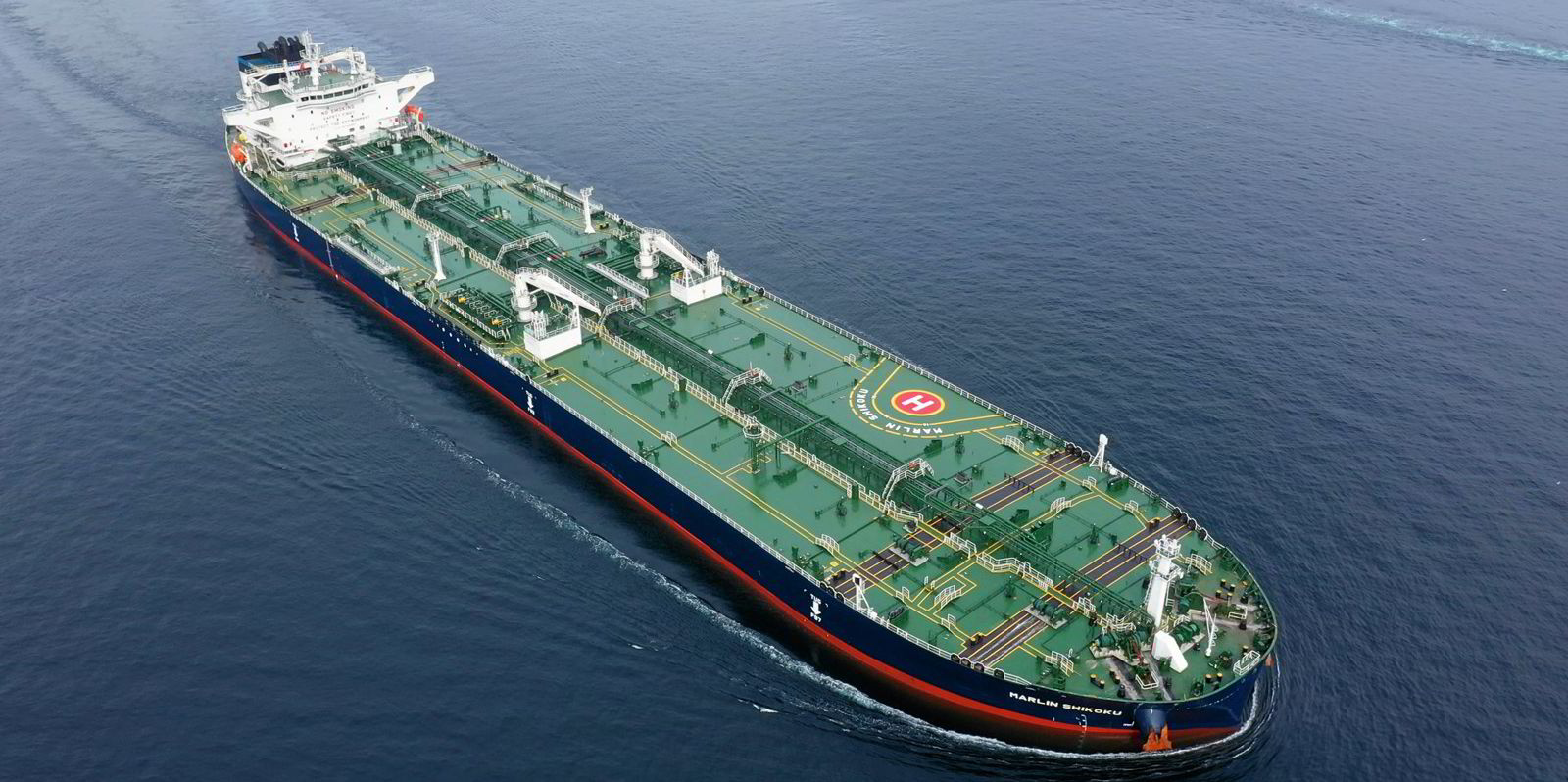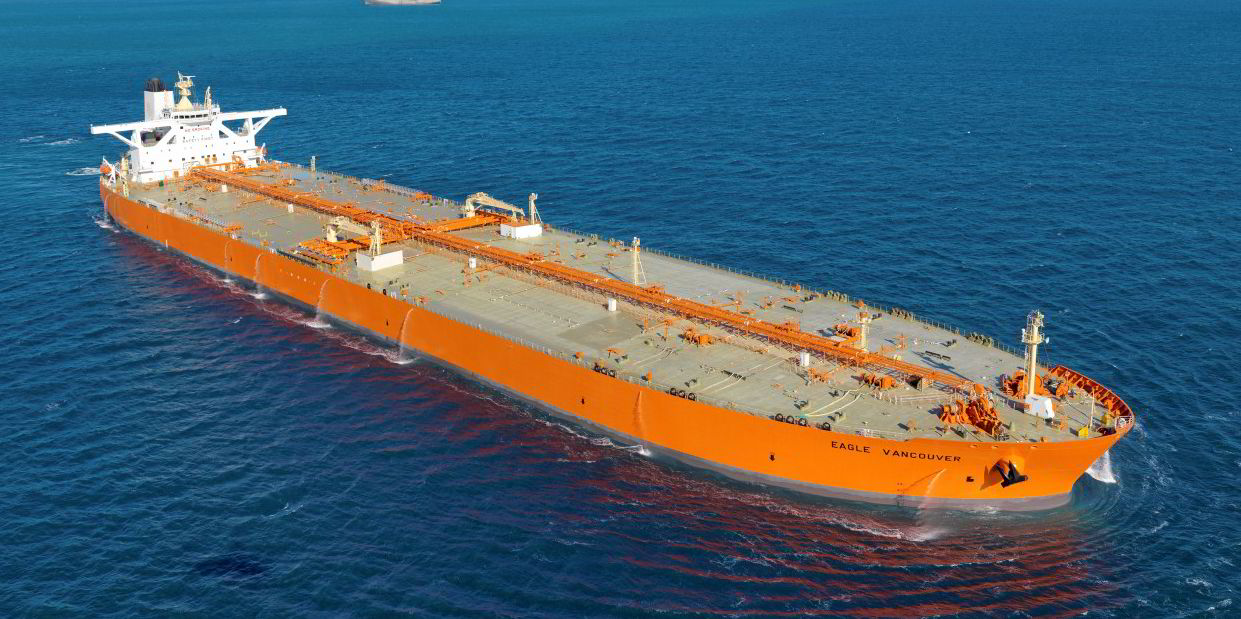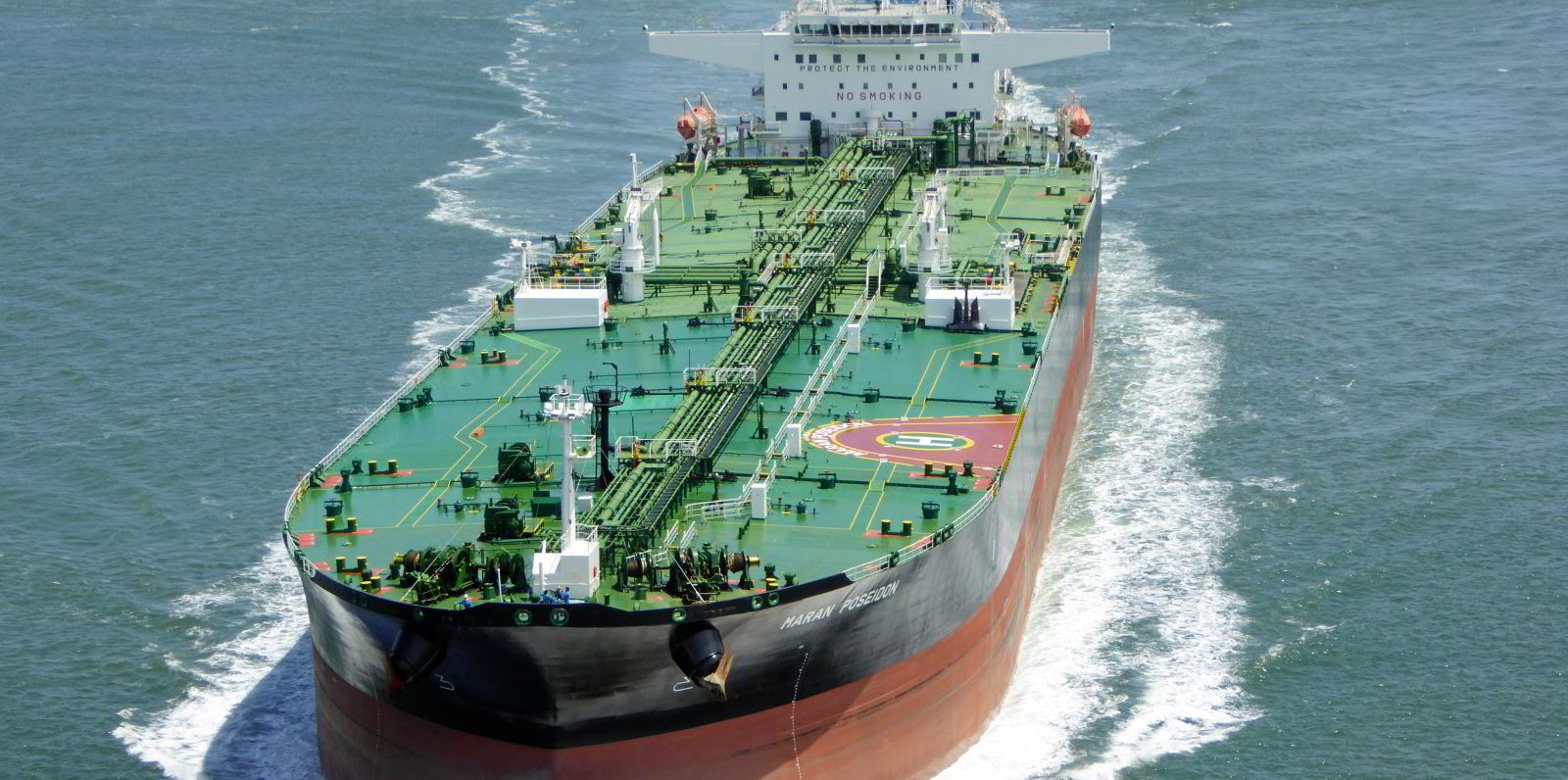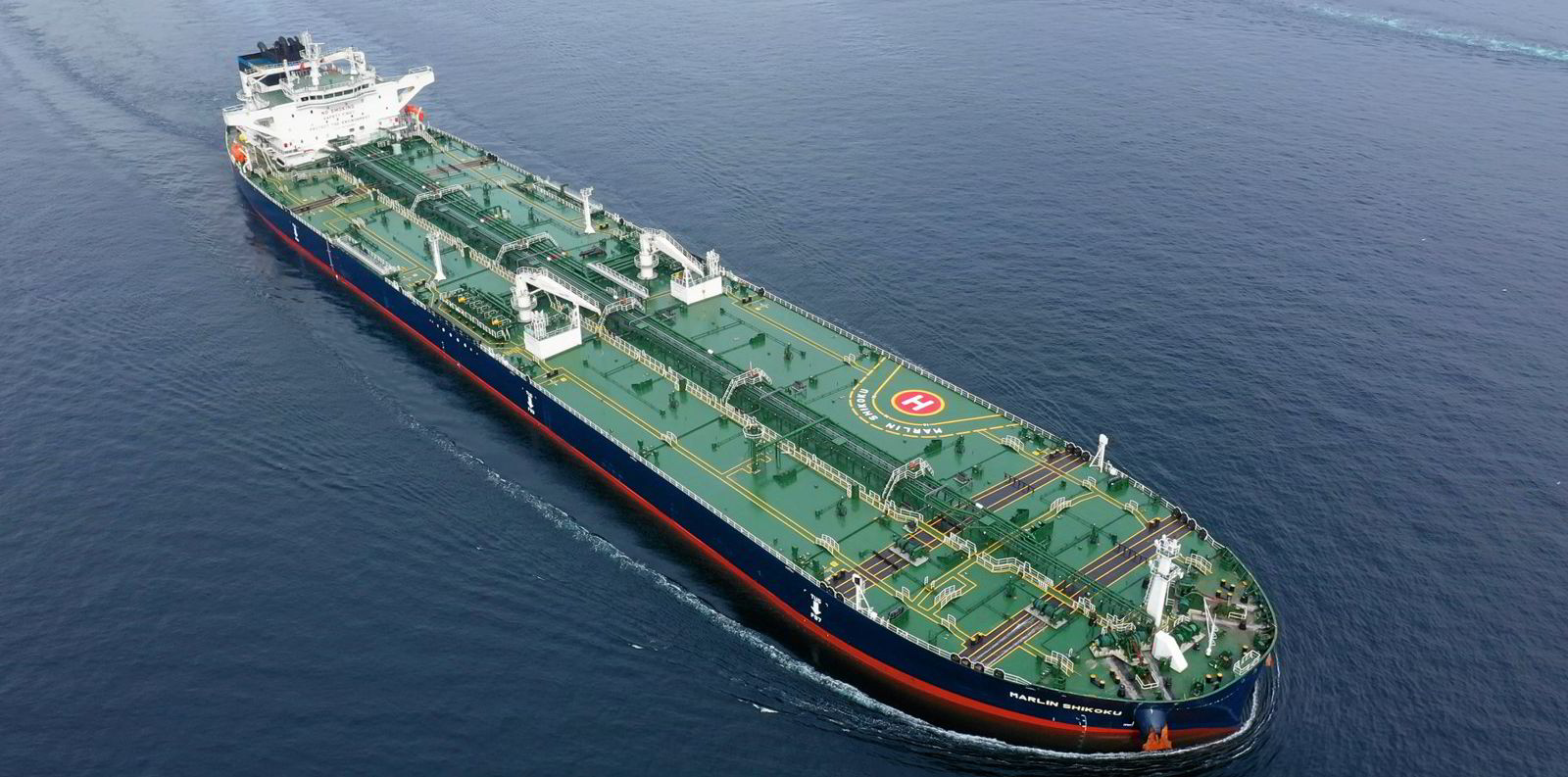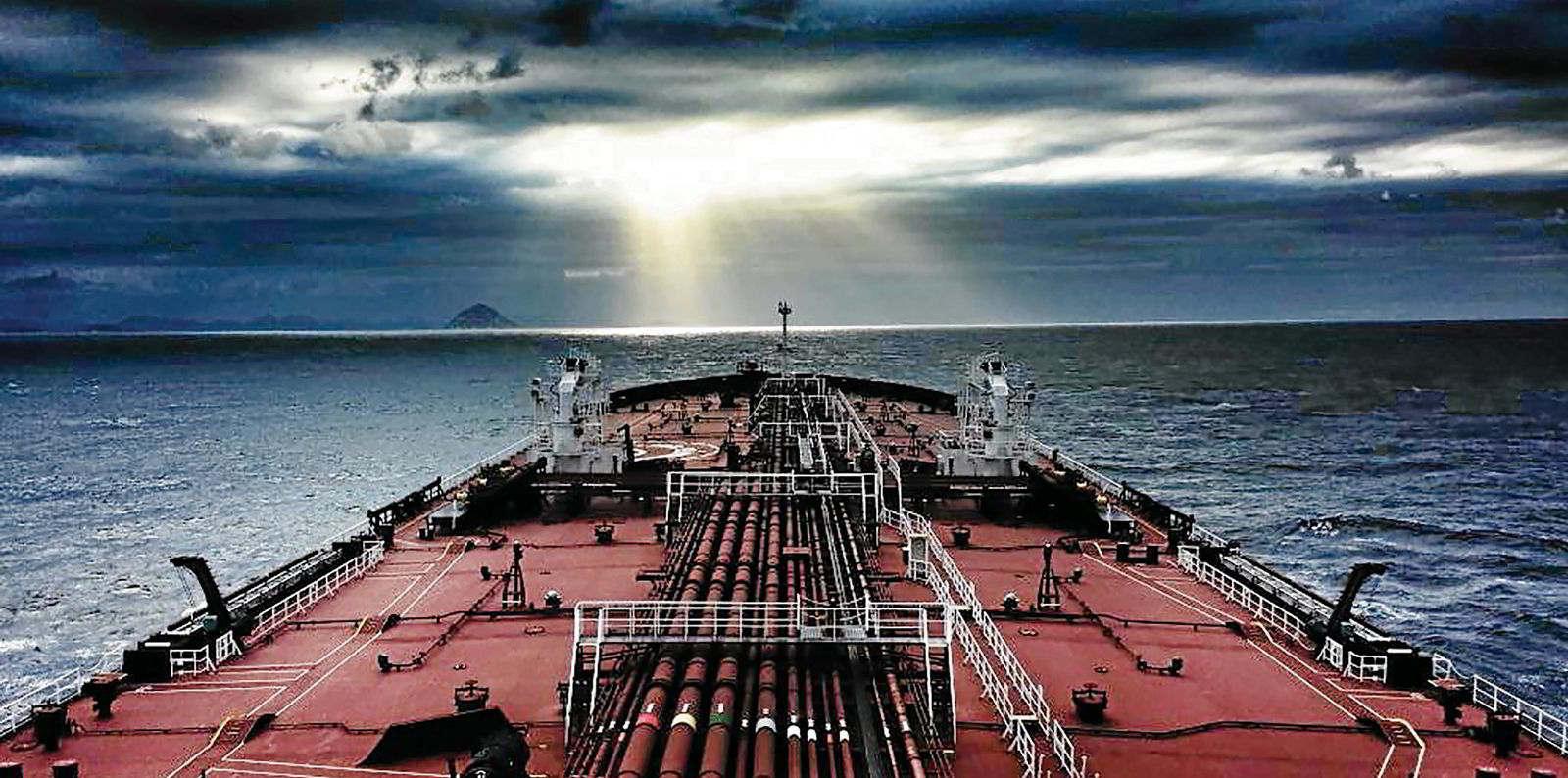West Africa is unlikely to provide any significant additional crude exports to Europe when a ban on seaborne Russian oil imports into the European Union starts in December, says a top US shipbroker.
Key reasons are a combination of declining production and renewed competition from China, according to Poten & Partners.
Nigeria has been struggling to maintain crude output since 2019 but continues to be an important supplier to Europe.
However, the delayed start-up of its 650,000-barrels-per-day (bpd) Dangote refinery in the first half of 2023 is likely to make this task more complicated.
Nigeria’s crude production has been declining for several years now; the most recent figures from the International Energy Agency indicate that it produced about 960,000 bpd in September.
“This is well below the country’s sustainable capacity of 1.3m bpd, while their official Opec quota is even higher at 1.83m bpd. As recently as in 2019, Nigeria still produced 1.7m bpd,” said Poten.
“Nigeria’s state-owned refineries with a combined capacity of 445,000 bpd are currently not operational and therefore virtually all domestic crude oil production is exported.
“The start-up of the Dangote refinery will dramatically change that, with the Nigerian National Petroleum Co, which has taken a 20% stake in Dangote, set to supply at least 300,000 bpd of its crude oil.”
So, while Europe would like to buy more oil from Nigeria in 2023, it is likely to get less, unless it can capture a significant portion of the Asian volumes.
Angola is another potential source, but, like Nigeria, production is well below its Opec target of 1.53m bpd, according to Poten.
However, unlike its West African competitor, Angola has managed to boost exports in 2022 after several years of decline and currently has an output of about 1.1m bpd.
Traditionally, Angola has targeted Asia as its main market. An average of 86% of its exports over the past five years headed in that direction, with China alone taking 66% of the total.
“The remaining 14% of Angola’s crude was distributed in other parts of the world, with Europe the largest receivers,” said Poten.
“However, there has been a marked increase in Angolan exports to Europe since the Russian invasion of Ukraine, which has coincided with a reduction in exports to China.
“The lockdowns related to China’s zero-Covid policy, as well as problems in its real estate and construction sectors, have weighed on sentiment.”
As a result, Chinese oil demand in 2022 is expected to be around 14.8m bpd, down from 15.4m bpd last year. Less Chinese demand seems to have freed up Angolan export barrels for Europe.
Poten said high oil prices have most likely also dampened Chinese demand.
“China is price sensitive and typically accelerates purchases and builds inventory when oil prices are low, like in 2020, and cuts back when oil prices are high, such as in 2022,” it said.
However, the expectation is that Chinese demand will recover in 2023, meaning European refiners will face more competition from Chinese buyers, especially in markets such as Angola and to a lesser extent Nigeria, the broker said.
Other African exporters such as Libya and Algeria are already focused on Europe, while production in most African nations remains relatively small.
Another scenario is that Asian countries could continue to pivot to Russia, if it can keep up production and continue to sell its crude in the face of increasing sanctions, leaving Europe to pick up more barrels from Africa.
“If that happens, tankers should benefit as crude oil trade flows are being scrambled and the market becomes more inefficient,” said Poten.
